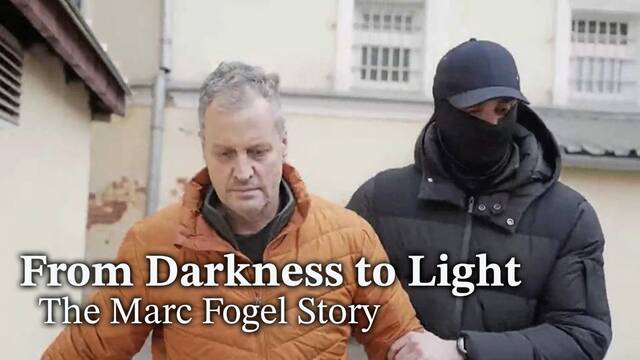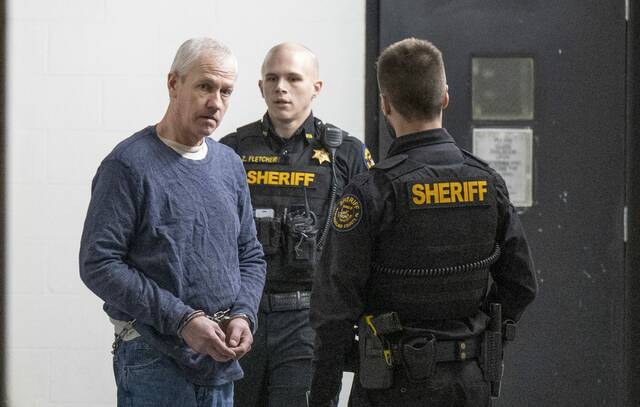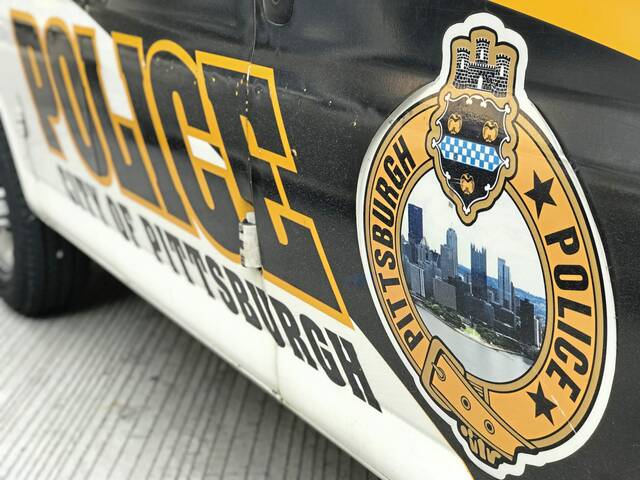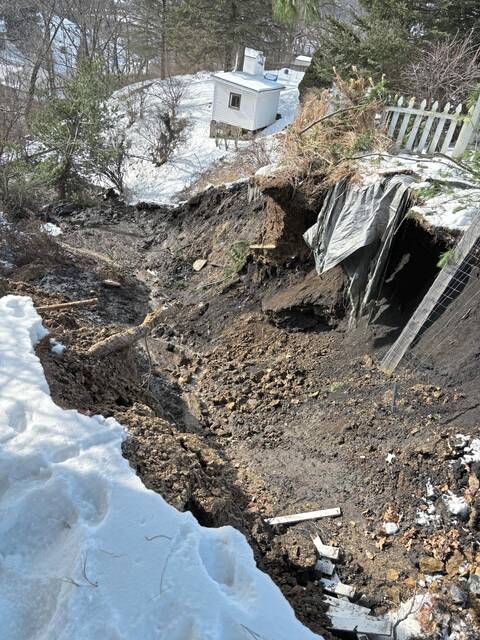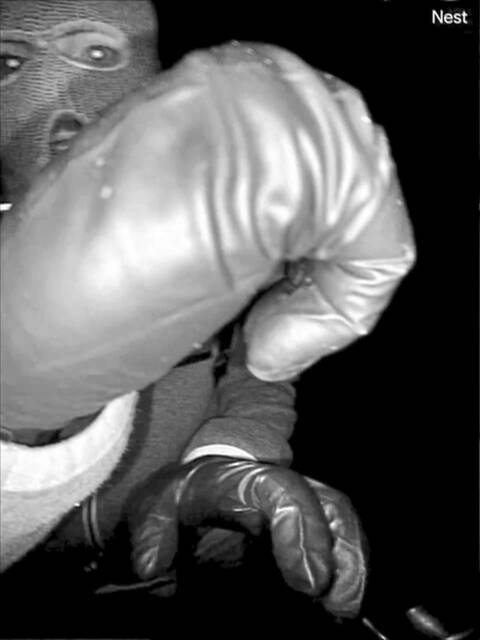Some people opposed to a Pittsburgh City Council proposal to levy a 1% tax on college tuition and medical bills to generate money for infrastructure improvements appear to be more open to a separate proposal to seek money from nonprofits instead.
The Fern Hollow Bridge collapse in January heightened concerns about the state of the city’s aging infrastructure and officials have discussed ways to find more money to address problems.
Councilman Ricky Burgess had proposed implementing a 1% tax on tuition for students attending colleges, universities and advanced technical schools in the city, as well as on medical bills for people receiving medical care in Pittsburgh. The measure was immediately met with opposition and concerns about the legality of such a tax.
He later introduced another measure, co-sponsored by Councilman R. Daniel Lavelle, that would instead ask the city’s nonprofits — including universities and health systems — to contribute payments in lieu of taxes.
City Controller Michael Lamb — who previously called the tax on college tuition and medical bills “troublesome” and raised concerns about “major legal hurdles” — said he would be much more receptive to seeking voluntary payments from nonprofits.
“I think it’s a much better approach,” Lamb said. “We want our largest employers to participate in city finance, and we want to do it in a way that their students and patients aren’t bearing the brunt of that.”
Lamb said he didn’t think the payment-in-lieu-of-taxes, or PILOT, program would face the legal challenges that the tax proposal would likely face, and he noted that UPMC has already entered into similar agreements in Altoona and Erie.
UPMC declined to comment on either proposal.
City Council President Theresa Kail-Smith said she prefers the idea of asking nonprofits to chip in, rather than taxing students and patients.
“I think we should have a great relationship with our hospitals, universities and our nonprofits,” she said. “It should be a great reciprocal relationship.”
Council members Erika Strassburger, Corey O’Connor and Anthony Coghill have indicated they would not vote in favor of the new tax. Coghill said he liked the idea of asking nonprofits to pay their share.
Mayor Ed Gainey has declined to comment on the proposals, and several universities and health systems contacted by the Tribune-Review also declined to comment.
City Council voted Wednesday to hold public hearings on both measures, but dates have not been set. Councilman Bruce Kraus was the only council member to vote against advancing the legislation to a public hearing, casting a vote of “absolutely not.”
Their vote came after several concerned citizens spoke out against the proposed tax on medical bills and college tuition.
“All you’re going to do is make it harder for people to get an education or get medical care,” said Kelly Strain, a Sharpsburg resident.
Though she lives outside city limits, she said she would be impacted by the tax, as people living near the city often seek medical care in Pittsburgh. Some specialized care, she noted, isn’t available in neighboring suburbs.
“Both students and patients already have a lot to pay for,” said Harshitha Ramanan, president of the University of Pittsburgh’s Student Government Board.
She said the added tax on colleges and universities would be “extremely off-putting to students” and may “scare them away from going to school in Pittsburgh.” She said she would’ve chosen a school in another city if the tax were in effect when she picked a college, and told council members that many of her peers are already facing years of student debt.
Ramanan added that she thought adding a tax on medical bills in the midst of a global pandemic would be “cruel.”
David Givens, a professor at the University of Pittsburgh, said he has witnessed firsthand the challenges students face to pay already costly tuition bills. He urged City Council not to exacerbate their financial struggles.
He said he’s also seen firsthand the struggles that families face when they’re in a medical crisis. He said his son has had open heart surgery at UPMC Children’s Hospital, and an added tax on such procedures would only bring new stress to patients and their families.
Givens said he feared the tax would hit particularly hard “those who can least afford it.”
“To add an additional cost on top of the extraordinary burdens and fears that families here in Pittsburgh endure every day is unconscionable,” he said. “This will tarnish the image and accessibility of our fair city.”



